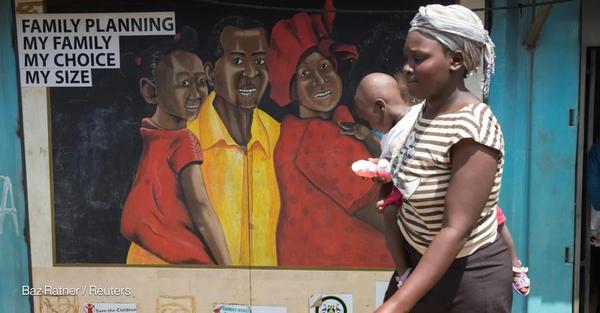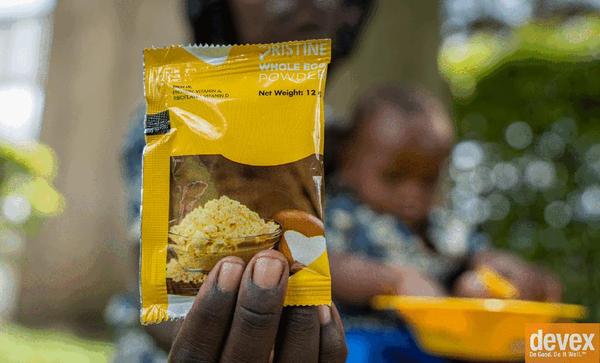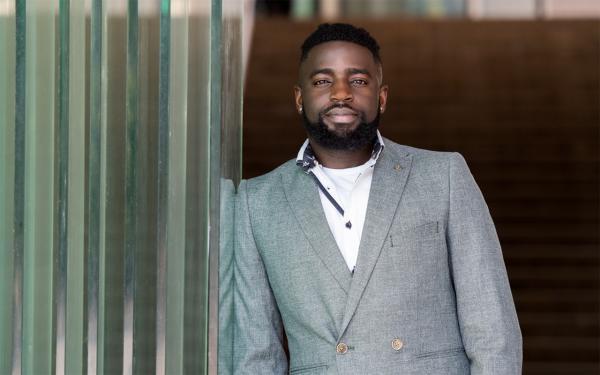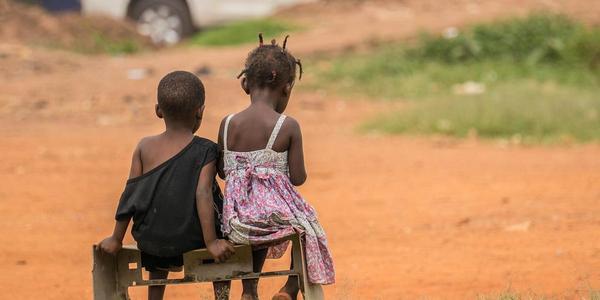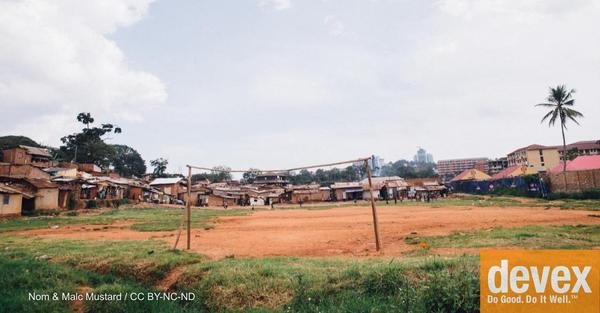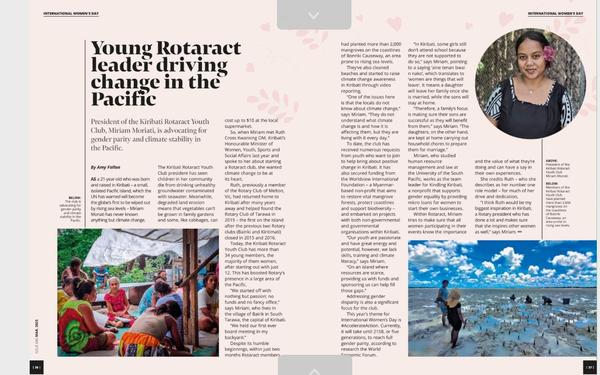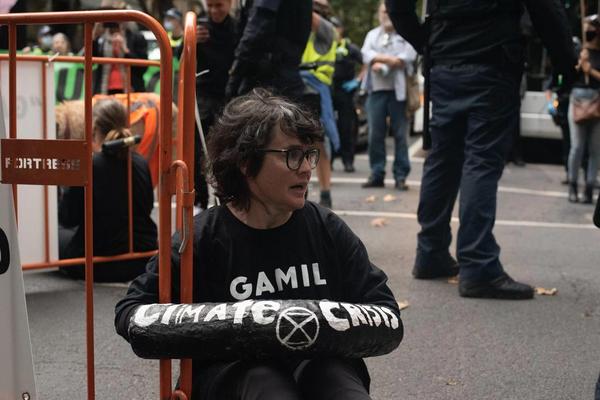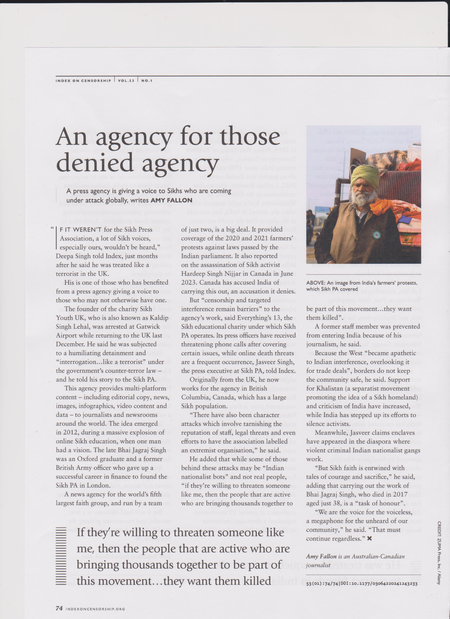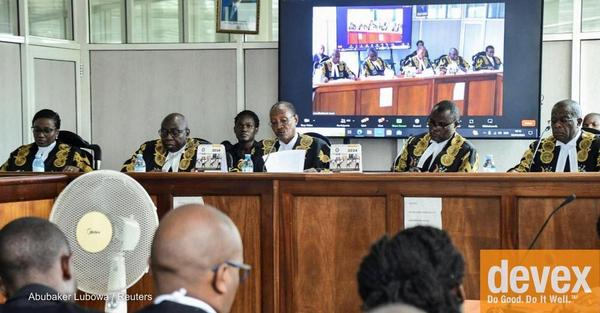


You can unsubscribe anytime!
Hi, I'm Amy Fallon. Fallon, as in the same surname as Jimmy, that great comedian who is no relation, but this is topical considering I've recently started stand up comedy. (See here).
I've been EVERYWHERE. I've lived on and reported from five continents (Australia, UK, Africa, Asia and North America) on underreported issues but also my byline has appeared everywhere. I've worked for the Australian national newswire agency and also from the fast-paced newsrooms of most of the UK national papers including The Guardian, Sunday Times and Independent, among a plethora of publications. (Fun fact: I once spoke to Murdoch on the phone!) I've also been a foreign correspondent in Uganda, South Africa, Cambodia, and Bangladesh. I've also worked for Devex, AFP, Index, NPR, Telegraph, the i Paper, Sydney Morning Herald and Age, Daily and Sunday Telegraph Sydney, Fodor's, Adventure.com, Mail & Guardian South Africa, The Continent Africa, Crikey Australia, The Saturday Paper, Al Jazeera, Thomson Reuters Foundation and many more.
Now, I'm also approached to help organisations and people achieve more visibility as a PR and comms consultant - and you should definitely also hire me!
As a consultant, I landed a TV interview for a small charity with France 24 - and more for others. You can see this work here. I've also placed coverage for organisations with the Guardian US, CBC, AAP, Telegraph UK, NPR, AFP, AP, SBS Australia, Radio France Internationale, Globe and Mail, Mongabay, EURACTIV, Al Jazeera, and many more.
My work has led to groups receiving awards, funding and other opportunities.
Recent highlights as a journalist include being asked to speak on the BBC about a story that I wrote for development site Devex. Another with the Index magazine was republished with The Bookseller. Many other stories have gone viral on X. You can see some more reporting highlights here.
Many of the stories that I've written and my other social content has gone viral. My expertise in building social networks means that I've accumulated over 12k followers on X.
I became passionate about human rights, in Uganda - so devoted five years to obtaining a master's degree in this. Remotely. I did my dissertation during lockdown. Not easy and a huge commitment, but it was important for me to understand some things more.
I write about travel, culture and lifestyle, too. (I took up running again in Uganda and I then did the Toronto Marathon and a half-marathon in Johannesburg. Not easy. There's a pattern here...)
I am invested in every person I work with. I build rapport with people easily. Some of my favorite client reviews proclaim that I was the rare journalist to understand their work, to get the key quotes and to dig deeper to see the story in print. That I’m funny – in a good way.
I started offering workshops and webinars on how to secure media coverage and write op-eds over two years ago, which have been a great success. I realised that I could help people by arming them with the skills and knowledge that I have accumulated over the past two decades.
I rate kindness and empathy. I volunteer regularly. One of my best experiences has been helping rough sleepers in London's Docklands during Crisis Christmas with this charity four times. But I've also been to Birmingham to support the bin strikers (!), and volunteered during the Australian 2025 election and 2024 UK one. I've supported Stand Up to Racism countless number of times, too.
Oh and another fun fact: I once acted as an extra in a Bollywood movie with Kylie. Minogue not Kardashian because that's how experienced I am. But I was paid for this. You should hire me!
Please get in touch on amy@amyfallon.com

Get an email (max one a week) when I publish articles on my portfolio. You can unsubscribe anytime!




